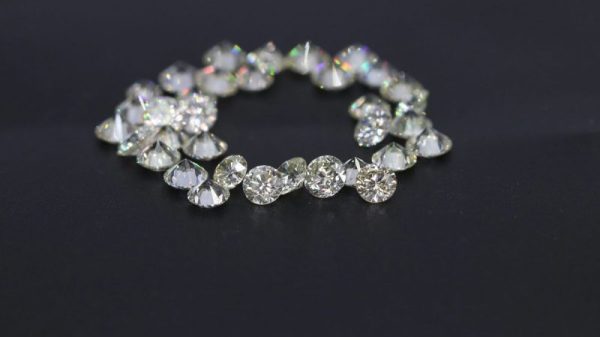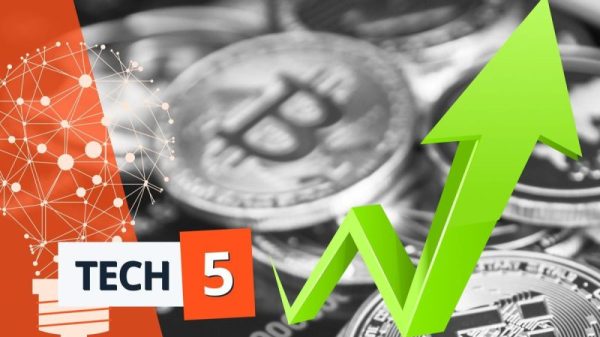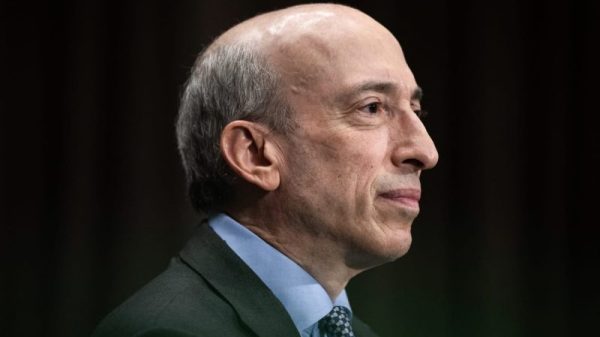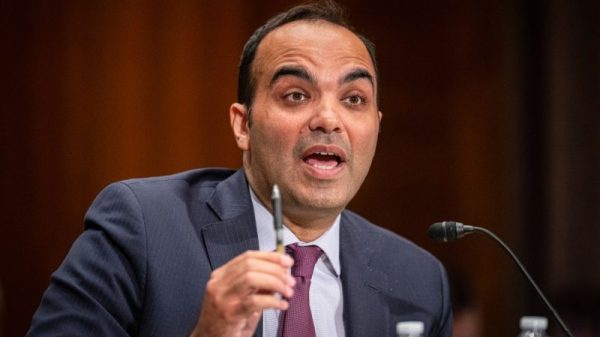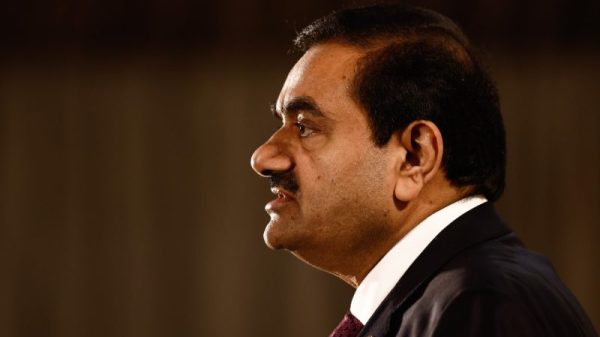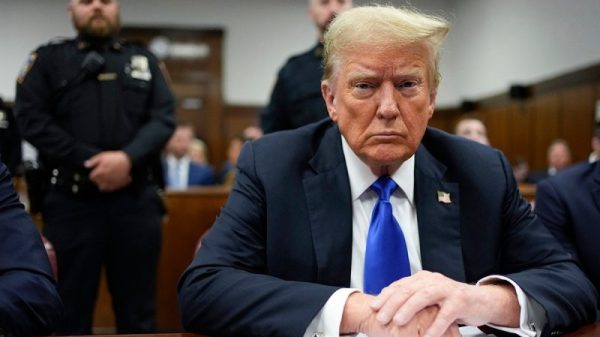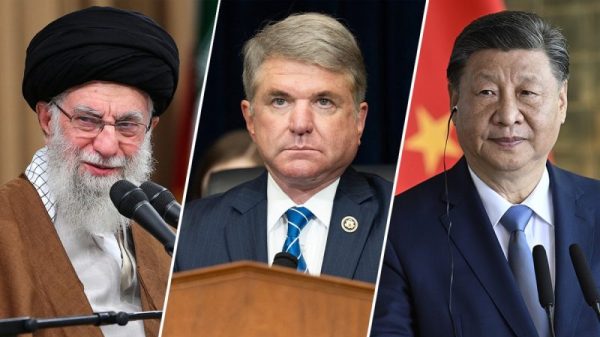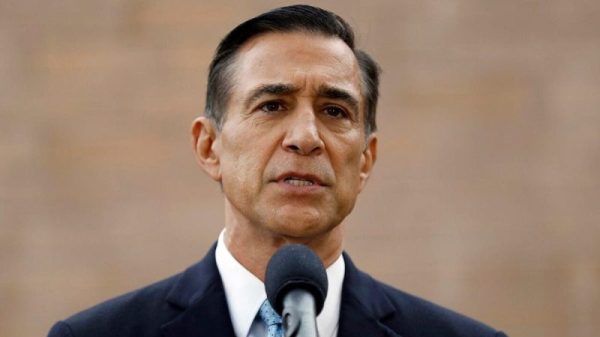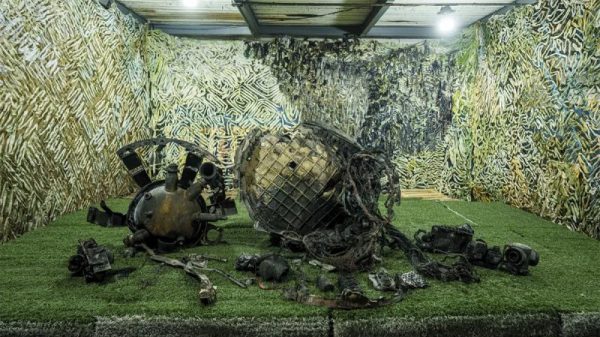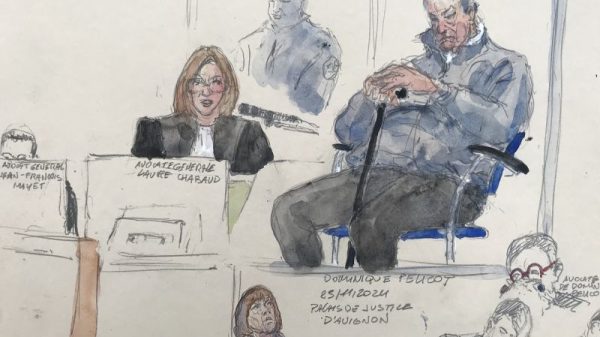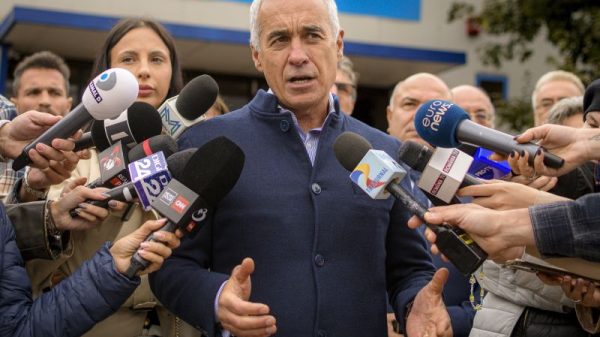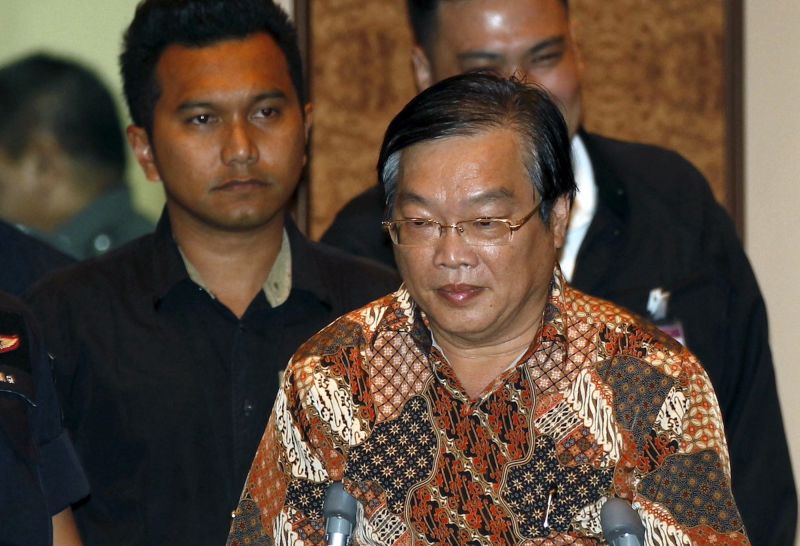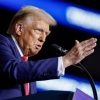A US court on Tuesday sentenced a wildlife trade kingpin to 18 months in prison for conspiring to traffic hundreds of kilos of rhino horns, in a ruling conservation groups said would cause a major blow to the illicit business.
Teo Boon Ching, a Malaysian citizen nicknamed “the Godfather” by investigators, was part of a conspiracy to smuggle illegal rhino horns to international buyers, including in Manhattan, according to a news release from the US Attorney for the Southern District of New York.
Ching, who was already under US sanctions, was arrested in Thailand last year and later extradited to the United States, the release said.
“Wildlife trafficking is a serious threat,” said Damian Williams, US Attorney for the Southern District of New York, in the release. “The substantial sentence shows the resolve of this office to use every tool at our disposal to ensure the protection of endangered species.”
Rhinos are critically endangered despite persistent efforts to save the species. Their numbers have dropped drastically due to hunting and habitat loss and mere thousands remain in the wild in Africa and Asia, according to the World Wildlife Fund.
A lucrative black market trade is driven by demand for traditional medicine in Asia – especially in China and Vietnam. Rhino horn is made of keratin – the same material found in human nails – and there is little scientific evidence it has any medical efficacy.
‘Body blow’
Prosecutors said a covert operation exposed Ching’s efforts to traffic about 219 kilograms [483 pounds] of rhino horns “resulting from the poaching of numerous rhinoceros” with an estimated value of $2.1 million.
In August 2019, at the direction of law enforcement, a source bought 12 rhino horns from Ching with money that he believed were the proceeds of other illegal wildlife trafficking and was in bank accounts in New York, officials said.
The horns were delivered in a suitcase in Thailand by those working for the wildlife trafficking organization, officials said.
Ching was arrested in Thailand on June 29, 2022 at the request of US authorities and extradited to the United States on October 7, 2022.
The London-based Environmental Investigation Agency (EIA), which supplied intelligence on Ching to US enforcement agents, said his jailing was a “body blow” to the illegal wildlife trade.
“Chinese and Vietnamese organized crime networks have long exploited Malaysia and other Southeast Asian countries as transit hubs for smuggling illegal wildlife commodities from Africa into Asia,” an EIA statement read.
“The jailing of Teo Boon Ching and related US Treasury Department sanctions against him and his alleged trafficking organisation constitute a body-blow to their ability to function.”
In a statement, Olivia Swaak-Goldman, executive director of the non-profit Wildlife Justice Commission, said Ching’s conviction “sends a strong message that wildlife crime will no longer be tolerated.”
“His arrest and imprisonment has significantly disrupted the illegal wildlife trade,” she said.


